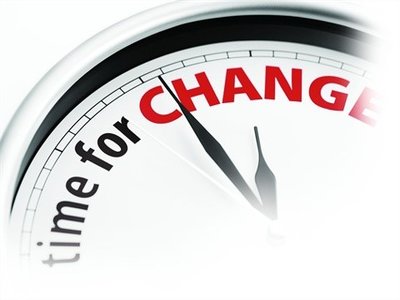You can’t make changes in your life without identifying what they are first.
“Ugh, I’m too tired for exercise.” “I don’t have time.” “My knees hurt.” “I’ve tried and it’s not for me.” “Boring!” “I’m always winded.”

Sound familiar? There are NEW strategies to get moving and reclaim your willpower.
Our behavior determines whether we learn to acknowledge that there is a problem and if there needs to be a change. What if there’s a problem, but you’re not ready for change, but there is motivation to change? You say to yourself, “I’ve got to do something about this, it’s serious”. Then you act to change your unhealthy behavior and finally maintain it with love and support from those who care about you.
Maintaining is probably the hardest stage. The experts say you need to be doing something for six months or more to reinforce and reap the rewards that change will bring.
Summarizing the Stages
For Healthier Living
In a Pre-contemplation Stage, you are not currently considering a change. Ignorance is bliss.
You can: Validate your lack of readiness by doing some self-discovery. Go online or read some books about health, nutrition and fitness.
Sample Situation
Let’s say, you’re 60-plus years of age and you want to lose weight. Perhaps you’re okay with that extra padding on your hips in case you take a tumble. But what if your BMI (Body Mass Index: the ratio of weight to height) is 28 and should be between 18.5 to 24.9 (considered healthy)? A high BMI puts you at greater risk for heart disease, stroke, certain cancers and chronic illnesses. How do you solve the problem?
In a Contemplation Stage, you’re “sitting on the fence” and not considering change for a month or so.
You can: Consider the pros and cons of your decision. You can do some additional research, perhaps talking to friends in a similar situation.
In a Preparation Stage, “test the waters”. Plan to act within the month.
You can: Get social support. Take small steps by signing up for newsletters about health. Schedule your plan.
In the Action Stage, practice your new behavior for three to six months.
You can: Continue to reinforce behavior that bolsters self-confidence. Notice your clothes are looser, you like what you see in the mirror. Try to eat smarter (less quantity or less sugary foods), start to exercise or exercise more.
Maintenance Stage, continue your commitment to sustain new behavior for months or for as long as possible.
You can: Plan to follow up with the support from professionals, friends and family. Discuss coping with possible relapse. Journal about your feelings.
Relapse Stage, resuming old behaviors; “fall from grace”.
You can: Evaluate your trigger(s) for relapse (i.e. stressors, doubt), then assess your motivation.
Understanding the Stages of Change can be a real eye-opener. You can apply it to many “stages” of your life, not just for weight loss and exercise, but think about your relationships, work, etc. Getting a grasp on these concepts can make it easier to understand your behavior, then you can decide to take action or not.
If you need encouragement or you’re not sure how to start on your journey, I am happy to help. You can reach me by contacting me here. You can also refer to our FAQ page aka Questions and Answers, follow us on Facebook or check out our website at www.LoriMichielFitness for other important fitness information. Email us or simply call us at 818-620-1442 for a consultation.
Source: The Transtheoretical Model (also called the Stages of Change Model), developed by Prochaska and DiClemente
